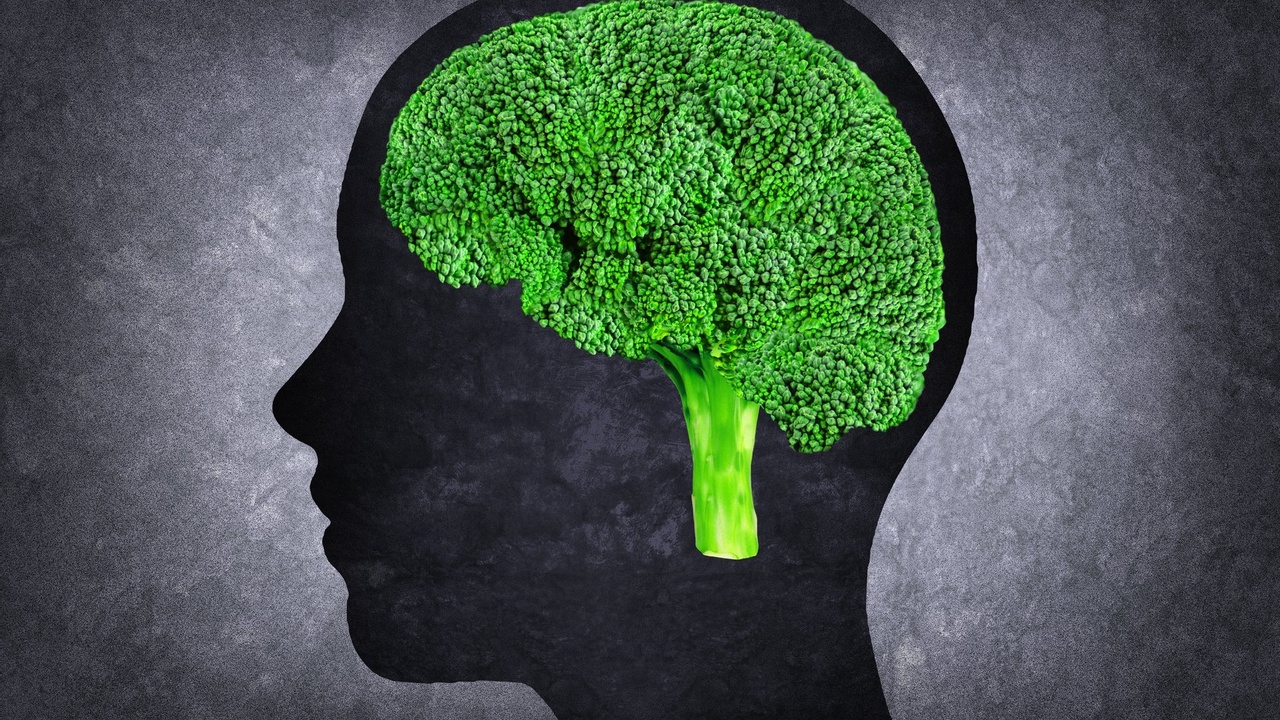can food REALLY Improve Your Mood
Apr 15, 2021
There is no escaping the fact that what we eat affects the way we feel inside. Why is this so often neglected. Our brain and nervous system is a physiological system and as such has a very specific nutritional requirement. If this is not met, things can begin to go awry. Likewise, nutrition can form PART of the therapeutic spectrum too. Here are some of the top foods that I feel have a place at the table when it comes to feeding our mood.
Oily Fish
The oily fish are definitely top of my list for foods that influence mood. This is due to the presence of omega 3 fatty acids, one of the most widely studied nutrients in the context of brain and neurological health. Omega 3 fatty acids are a vital component of neuronal membranes, specifically the myelin sheath, that is a specialised capsular structure that runs along the length of the neuron (nerve cell). This specialised structure is vital for conveying nerve signals.
Omega 3 fatty acids go a step further by maintaining the function of neurotransmitter receptors. They help to keep the membranes around receptor sites fluid and supple.
Evidence seems to support the idea that fish intake will have a role to play in mood disorders. There has been considerable epidemiological data that shows a negative association between fish consumption and depression. A negative association basically means, in this case, the higher the fish intake, the lower the incidence of depression. For example, a study of around 4000 Finnish nationals showed that the higher the fish consumption, the lower the risk of depression and suicidal tendencies (1). Combined data from the 1996/97 New Zealand Health Survey and 1997 Nutrition Survey, found that fish consumption was significantly associated with higher self reported mental health status - ie the individuals own personal perception of mood and outlook and depression scores (2).
Adding 2-3 portions of oily fish per week can be a perfect way to start.
Turkey
This unlikely sounding food is on this list because of its high tryptophan content. Tryptophan is an amino acid that is the metabolic precursor to the neurotransmitter Serotonin. Serotonin has many roles to play in the body from controlling elements of bone metabolism, to controlling localised aspects of gut function. However, the one thing that serotonin does that really over shadows everything else, is make us feel good! Serotonin is the feel good chemical that keeps us happy and upbeat. It keeps mood stable too. Serotonin also regulates our appetite, regulates sleep patterns, is involved in memory and sexual desire. A deficiency of serotonin has been linked to depression, and serotonin levels and availability in the nervous system is a major target in drug therapy for depression. Serotonin also helps regulate sleep patterns.
Whole grains
Or any other food naturally rich in the B vitamins. These are one of the most important groups of nutrients for short and long term neurological health. They affect everything from mood to brain shrinkage so should never be over looked. They are a group of nutrients that, in many body systems work together synergistically. This is just a snap shot.
Vitamin B1 (Thiamine)
B1 is involved in turning glucose into energy. Low levels of this nutrient can lead us to feel tired and sluggish. It can also makes us mentally tired too and affect concentration and overall mental performance. Adequate energy production is essential for quick sharp thinking.
Vitamin B3 (Niacin)
Vitamin B3 has a long standing association with mental health, since its deficiency illness, pellagra was understood. Sufferers of pellagra get a thick scaly skin rash on exposure to sunlight, but they also get depression, disorientation, and apathy. Since then niacin has been used in several studies in the treatment of schizophrenia, and has also shown promise in improving memory in both the young and old.
Vitamin B5 (pantothenic acid)
Vitamin B 5 has a very important role to play in the brain. It is needed to make the neurotransmitter acetylcholine, which is important for memory and learning.
Vitamin B6 (pyridoxine)
Vitamin B6 is an incredibly important nutrient for mental health. This is for two distinct reasons. Firstly it is a key nutrient involved in the formation of myelin, that super conductive sheath that carries signals rapidly across the axon. Secondly, vitamin B6 is an important nutrient for converting the amino acid tryptophan into the neurotransmitter serotonin - the feel good compound. This neurotransmitter is a frequent target for antidepressant medication, and even slightly low levels of it can have a profound effect upon the way that we feel.
Folic acid
Folic acid is a B vitamin that is most commonly associated with pregnancy. There are links with folic acid deficiency and mental health issues such as depression too. Several studies have shown a link between folic acid and depression, and there is a chain of thought that low levels of folic acid lead to low levels of a substance called SAMe (s adenosylmethionine), that is involved in neurotransmitter production.
Vitamin B12
Vitamin B12 (not coming from plant sources, only animal sources or supplements) is also showing some potential links to mental health, although the reasons behind this are slightly less clear than other B vitamins. There are certainly associations arising from research, but in terms of establishing exact causal factors, we arent there yet. One theory however is that B12 is involved in the production of a type of neurotransmitter called monoamines. These are involved in emotion, cognition, and arousal. It is also thought that, in combination with vitamin B6, and folic acid, B12 can reduce levels of an amino acid called homocysteine, which can cause damage to the brain and cardiovascular system.
Green vegetables
Ok ok, so I know that everyone goes on about greens as the saviour to all that ails us, but I would say with good reason. Especially in this context. Greens are packed with the mineral magnesium, which makes up part of chlorophyll. Magnesium is involved in over 1000 chemical reactions in the body, so our need for it is significant. In terms of our mood, magnesium can help us feel more relaxed. It physically relaxes our muscles and helps us to wind down and relax, making it particularly beneficial in the evenings. It also helps to relax the nervous system so to speak, it helps to slow things down a little.
References
Tanskanen A, Hibbeln JR, Tuomilehto J, Uutela A, Haukkala A, Viinamaki H, Lehtonen J, Vartiainen E. Fish consumption and depressive symptoms in the general population in Finland. Psychiatr Serv. 2001;52:529–531
2. Silvers KM, Scott KM. Fish consumption and self-reported physical and mental health status. Public Health Nutr. 2002;5:427–431




